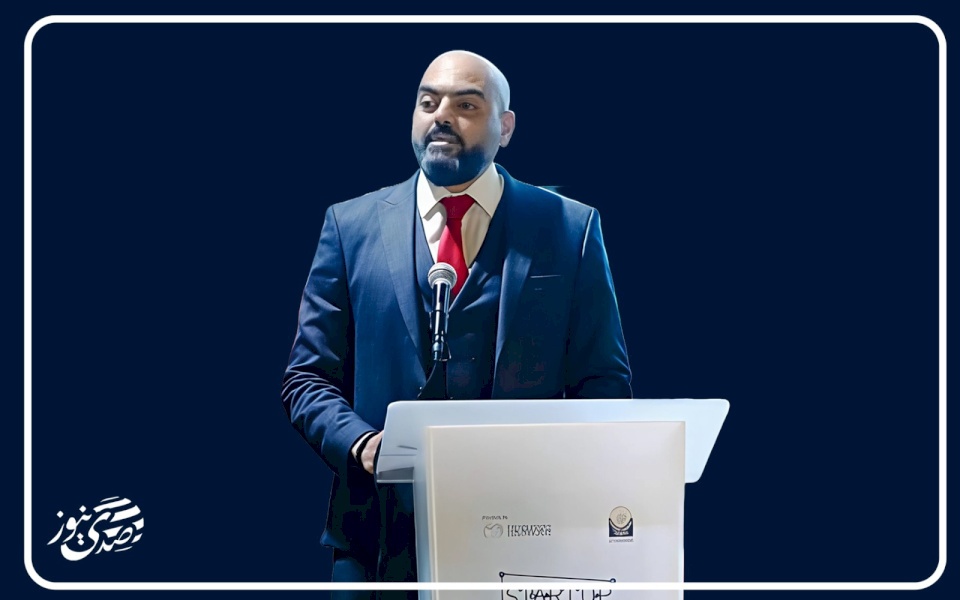
Thank You Spain and Pedro Sanchez
In a time characterized by a shameful international silence and a blatant bias towards power at the expense of values, Spain emerges today as an exceptional voice that stands for Palestinian rights, restoring some of the lost brilliance to the human conscience. The decision of Spanish Prime Minister Pedro Sánchez to recognize the State of Palestine was not merely a passing political step; it was a clear declaration that justice cannot remain hostage to narrow calculations or to Israeli and Western blackmail.
Sánchez has embodied in his recent positions a long-lost European spirit, as he dared to call things by their true names, describing what is happening in the Gaza Strip as "genocide," and exposing Western complicity through a policy of double standards, asserting that what cannot be tolerated from Russia cannot be forgiven from Israel. This clear language, rare in the corridors of European politics, represents a victory for the human values that Israeli occupation attempts to crush day after day in Gaza and the West Bank.
It is undeniable that the Spanish people, before their leadership, have always been at the forefront of European nations in solidarity with Palestine, whether through the massive demonstrations that filled the streets of Madrid and Barcelona, or through the positions of academic, cultural, and intellectual elites that have made Palestine a global moral symbol. This popular supportive spirit has been the nurturing environment that enabled Sánchez to take historic steps; from recognizing the State of Palestine to demanding the suspension of the partnership agreement between the European Union and Israel, culminating in imposing sanctions on the ministers of extremism and racism in Netanyahu's government.
The courage of Sánchez lies not only in challenging Israeli and American pressures but also in bearing the cost of internal divisions that the Palestinian cause has ignited within the Spanish left. While some content themselves with slogans, he decided to place his name in the record of genuine political action, affirming that defending Palestine is not a tactical choice but a moral commitment that transcends electoral considerations. His boldness in facing internal and external criticisms reminds us that leadership is created when principle meets decision, and when the voice of conscience prevails over the voice of interests.
Spain has proven that solidarity with Palestine is not just an "external issue" but a benchmark for the moral consistency of any progressive or humanitarian discourse. Here, the recent Spanish positions represent a cornerstone in reshaping a new European awareness that dares to look in the mirror and question itself: how can a continent that claims to be the cradle of democracy remain silent in the face of killing children, starving civilians, and bombing hospitals?
Here, a great responsibility falls on the shoulders of other European countries; Spain has done nothing but what human conscience and international law dictate, and Paris, Berlin, Rome, and all European capitals must follow Madrid's lead. Europe’s silence is no longer befitting, and if it claims to defend justice and freedom, the true test lies in its stance on Palestine, where slogans become stripped bare and principles are put to the test.
In return, Palestinian diplomacy must wisely capitalize on this Spanish position, intensifying gratitude and support by building closer alliances with Madrid and utilizing this momentum in international forums. Spanish support should not remain isolated but should turn into a political lever that pressures the rest of Europe to join the line of justice. Public gratitude and serious appreciation of this stance will serve as a message to the world that Palestine does not forget those who stand with it and that it excels at transforming solidarity into a strategic driving force.
Our gratitude today to Spain – both leadership and people – is not merely a diplomatic duty, but a genuine expression of appreciation for a country that chose to align with justice and to raise the banner of international law in an age of impunity. Madrid's position not only provides the Palestinians with political and moral support but also opens a window of hope in the wall of European silence, offering other nations an example that the truth can be spoken even in the face of the powerful.
Spain may not possess "nuclear bombs or aircraft carriers or oil reserves," as Sánchez remarked with poignant realism, but it possesses something far nobler: the will to resist submission, the courage to stand on the side of the oppressed, and a deep belief that the struggle for Palestine is a struggle for the humanity of the entire world.
We believe that these positions, no matter how limited their immediate impact may seem, will continue to draw deep lines in global consciousness and will be written in the pages of history that Spain, in a time of killing and siege, chose to stand on the side of justice. Thus, the Palestinian people, with all their pain and resilience, greet the Spanish people, affirming that the blood spilled in Gaza, Jerusalem, and Hebron resonates in the hearts of the free around the world.
We extend our deep thanks to Pedro Sánchez and to every Spanish citizen who stood, supported, and called out for Palestine. History does not forget positions, and the memory of nations always retains those who shouted in the face of injustice and boldly said: "Justice cannot be fragmented, and Palestine is not an exception."

Huckabee's Statements Reveal the Falsehood of Trump's Peace and Reinforce Religious Confli...

Licensed Occupation by Law

Whoever Does Not Plant Hope, Plants Departure...

Between "Here is Jerusalem" and "Here is Gaza" ... The Voice of a Nation and the Steadfast...

While some count the boos, Palestinians count their martyrs.. Paradoxes of the internation...

When the Palestinian Issue is Reduced to Gaza Management

Legally Licensed Occupation

